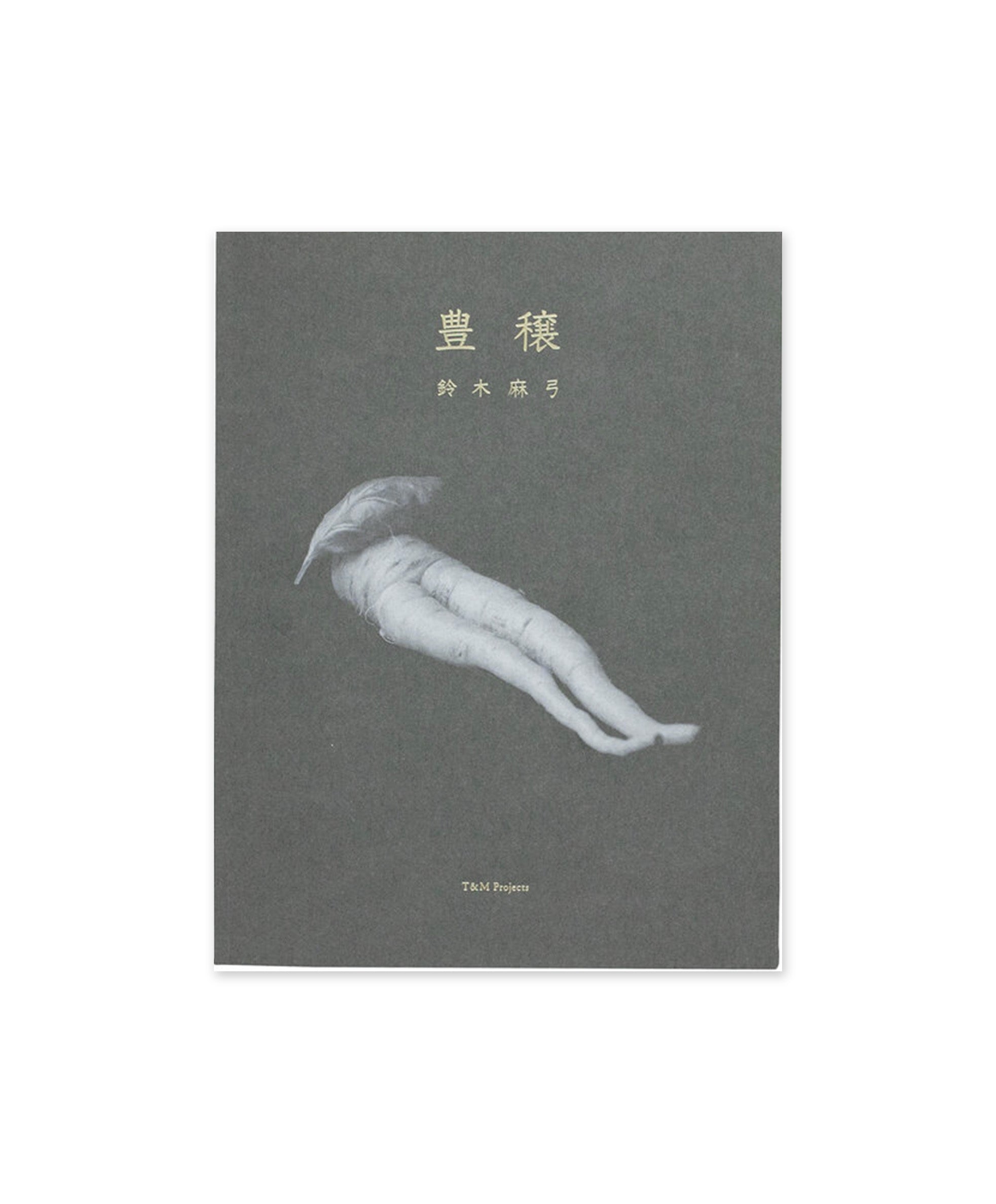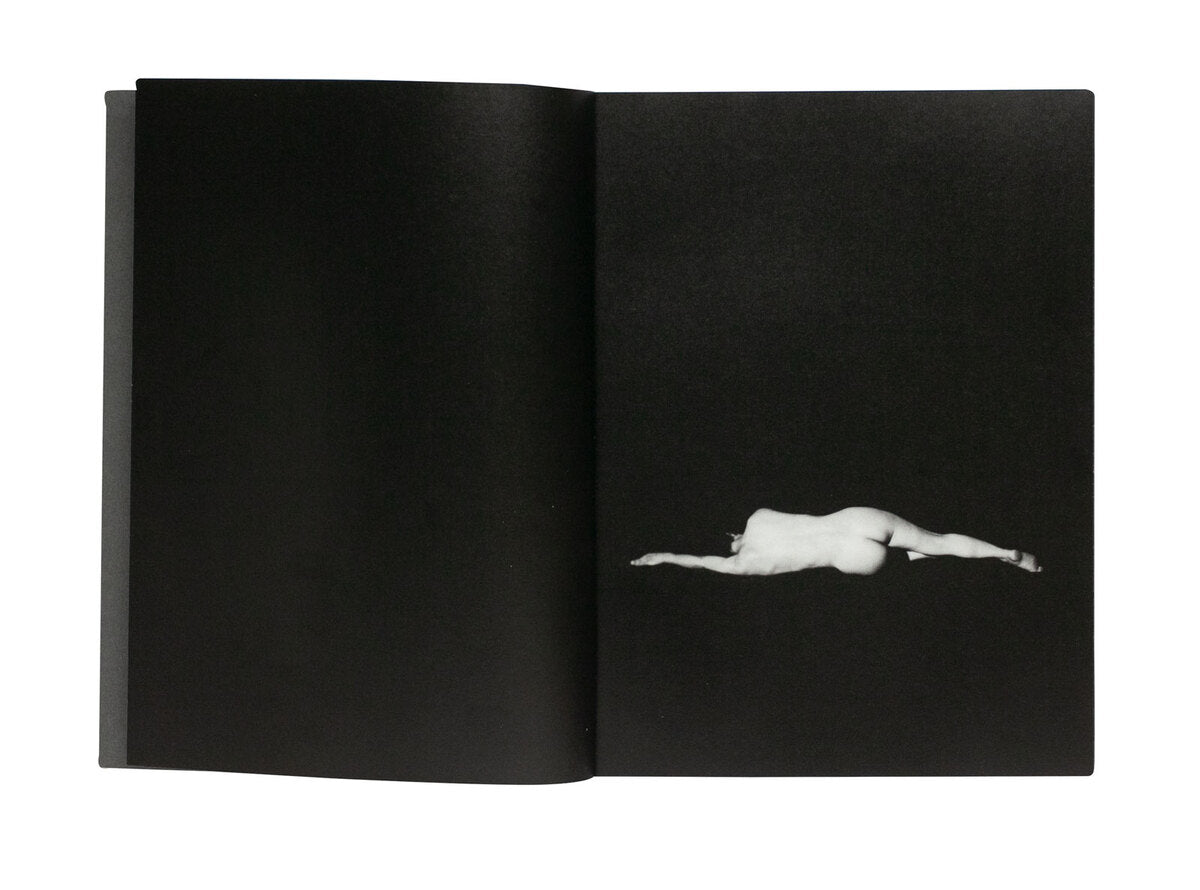Mayumi Suzuki - Hojo
Pickup currently unavailable at 1 rue des Minimes
– Default Title
-
1 rue des Minimes
09709759181 Rue des Minimes
75003 Paris
France
Mayumi Suzuki
Hojo
Published by T&M Projects, 2022
Size: 25.4x19.6cm
88 Pages
Softcover
Languages: English, Japanese
“Is it too late to get pregnant? On my 41st birthday, I decided to undergo IVF. I had never considered whether having a baby was a joy for women or not.
- Preface by Mayumi Suzuki
In this haunting series of nude self-portraits, ultrasound scans, and photographs of oddly shaped vegetables, Japanese photographer Mayumi Suzuki creates a personal narrative about her experience undergoing fertility treatments at the age of 41. Considering herself an anomaly, the series examines the expectations and normalizations surrounding pregnancy, the female body, and the role of women. Surprised by the short time doctors devote to examining IVF patients, Suzuki decided to photograph her naked body using the same exposure time: 60 seconds. When she finally abandoned treatment, she began to feel a strange sympathy for the deformed vegetables left unsold at the market. Through the haunting, almost ghostly photographs of “Hojo,” Suzuki gives form to her complex experiences of promised possibilities and unexpected destinies.
In Japanese, 豊穣 (HOJO) refers to abundant land or a good harvest. In English, it is generally translated as "fertility." In Japan, women are traditionally worshipped as goddesses of HOJO. The ideal of having abundant harvests and many children is associated with them.
...
I also used photos of fertilized eggs I received from the clinic. They are crude, pixelated images. It's difficult to tell the difference between a fertilized egg that can get pregnant and one that can't. When you zoom in, it's just a dot. If there's some factor in the hundreds of millions of cells in my body that's preventing me from conceiving, I have to look for that abnormality. It makes me think of an endless, barren land.
In this day and age, women can choose their lifestyle. But sometimes they have to accept a fate over which they have no control. Even if my own body isn't 'fertile,' I want to be proud of it because it's my life."
- excerpt from the statement by artist Mayumi Suzuki








